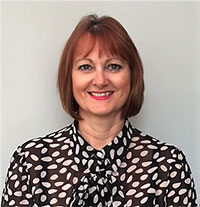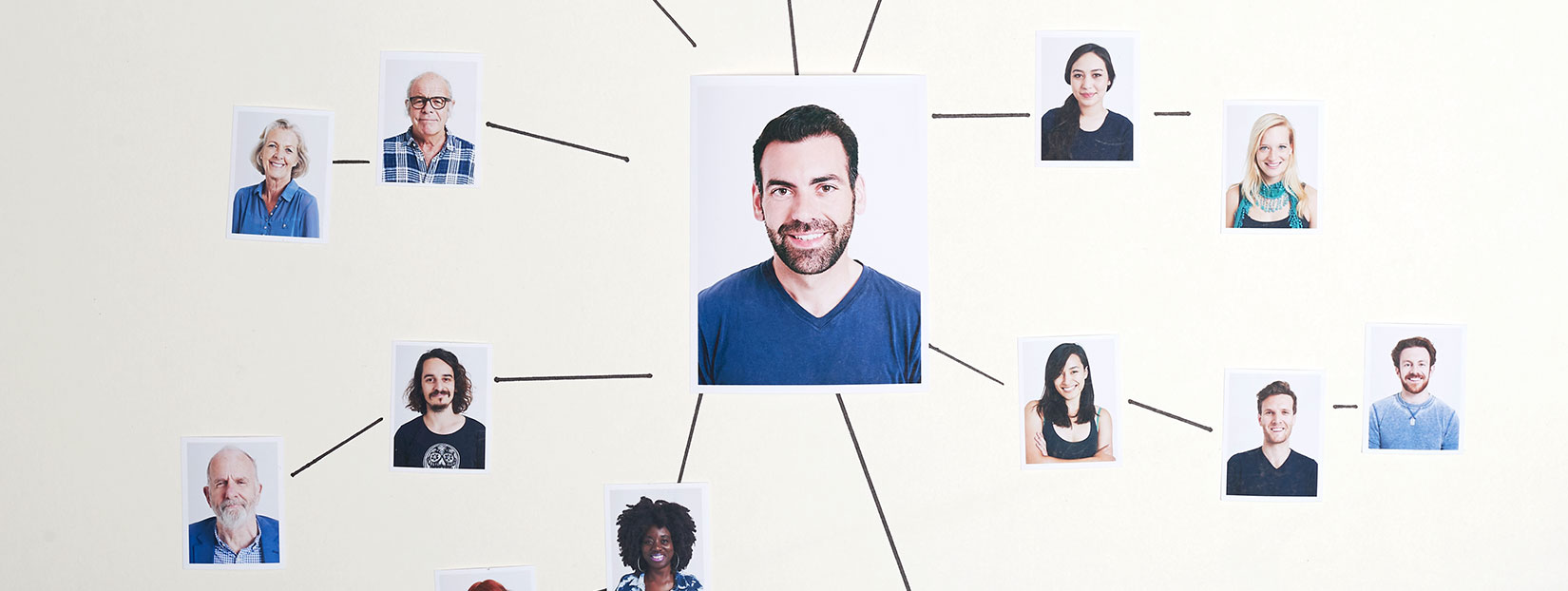Building Personal Resilience in Twelve Steps
“Reach out to others.”- Jayne Carrington, author.
Often during times of change, it is natural to withdraw from what’s going on around us. Sometimes this is a useful and appropriate reaction. Most of the time, such isolation is not.
Personal Resilience is not about going it alone and pitting yourself against all the odds. It’s all about being smart to marshal the resources you need. To be resilient depends on your ability to identify good personal, family and social supports to whom you can turn easily and regularly.
Talking things through, off-loading emotions, exploring possible solutions or ways to cope, getting the encouragement you need and simply sharing your experience gives you two things.
- A sense of perspective. The very act of telling someone else how you feel, what you are going through, your hopes and fears helps you put words to your feelings and in fact to hear yourself think. That may often enable you to manage better.
- A sense of common experience. Those people can share their own experience and offer their own thoughts helping you to see that others too have felt unable to manage, disheartened, lonely or afraid.
But be careful. Too much advice from too many people can make things worse rather than better. Advice on how one person dealt with one situation does not always mean it can be applied to your own circumstance. Surprising as it may seem some people are too helpful, too empathetic whilst others albeit well-meaning just try to take over and tell you what to do.
Which is why my advice this week is to choose very few people as your resilience supports and to choose them very carefully. For example, for some people, the first person they would put on their list of resilience supports would be their Mum or Dad. A great listening ear knows you well, has years of experience, loves you unconditionally. Great. If that works for you, and for your Mum or Dad, then put it top of your list. But what if you love your Mum or Dad dearly but know that she/he can sometimes be too keen to interfere, or crowds your thinking, or simply gives you too much soft-soap love? Not such a good resilience support partner. What about that friend who has an answer to everything but never lets you get a word in edgeways? Or that well-meaning colleague at work who almost lets you wallow in your unhappiness instead of helping you come through things.
You do not need a network of dozens of people to whom you can turn. It can be a task in itself managing to stay in touch with them all as well as exhausting to share so much with so many. Focus on finding just three or four people you trust who can give you the kind of support that suits you and your needs best. It does not mean you will not enjoy the company of your other friends, family and colleagues (and it does not mean you don’t value your Mum or Dad if you did not choose her/him), but it does give you very specific people to whom you can turn quickly and easily, without apologizing or feeling bad.
This week identify those three people. Make a “long list” of all your family, friends, work colleagues. Think through for each person on that list and then make your final careful selection. Send them a message or give them a call. “How are you? Can I share something with you….?” With the people, you choose it should be a call you are happy to make, and they are happy to receive. That will be how you know you have chosen wisely.
And, don’t forget that there will be people outside your personal, family and social network that might be able to help to support you such as your professional network - manager, team member, HR, professional contacts or study colleagues.
Up next Step 3: Dump the drains!
----------------------------------------------------------------------------------------------------------------------------------------------------------------------
About the Author: UnitedHealthcare Global has chosen to work with Jayne Carrington, Health & Wellbeing Consultant & Executive Coach who is the author of this 12 Step Resilience Programme.
 Jayne has over 30 years of leadership and management experience to draw on, 20 years at Board level, and her consulting and coaching & mentoring approach is based on a wide range of professional roles and achievements, personal resilience and life-long learning. Formally trained at the Oxford School of Coaching & Mentoring, Jayne is a fully qualified Coach and Mentor. She has grown two major companies in the mental health and corporate wellbeing sectors and brought innovative solutions through to prominent national and international exposure, including working with the World Economic Forum and Business in the Community. Jayne has contributed to several articles, toolkits, speaking engagements along with other resources to support in the promotion of employee health and wellbeing.
Jayne has over 30 years of leadership and management experience to draw on, 20 years at Board level, and her consulting and coaching & mentoring approach is based on a wide range of professional roles and achievements, personal resilience and life-long learning. Formally trained at the Oxford School of Coaching & Mentoring, Jayne is a fully qualified Coach and Mentor. She has grown two major companies in the mental health and corporate wellbeing sectors and brought innovative solutions through to prominent national and international exposure, including working with the World Economic Forum and Business in the Community. Jayne has contributed to several articles, toolkits, speaking engagements along with other resources to support in the promotion of employee health and wellbeing.
